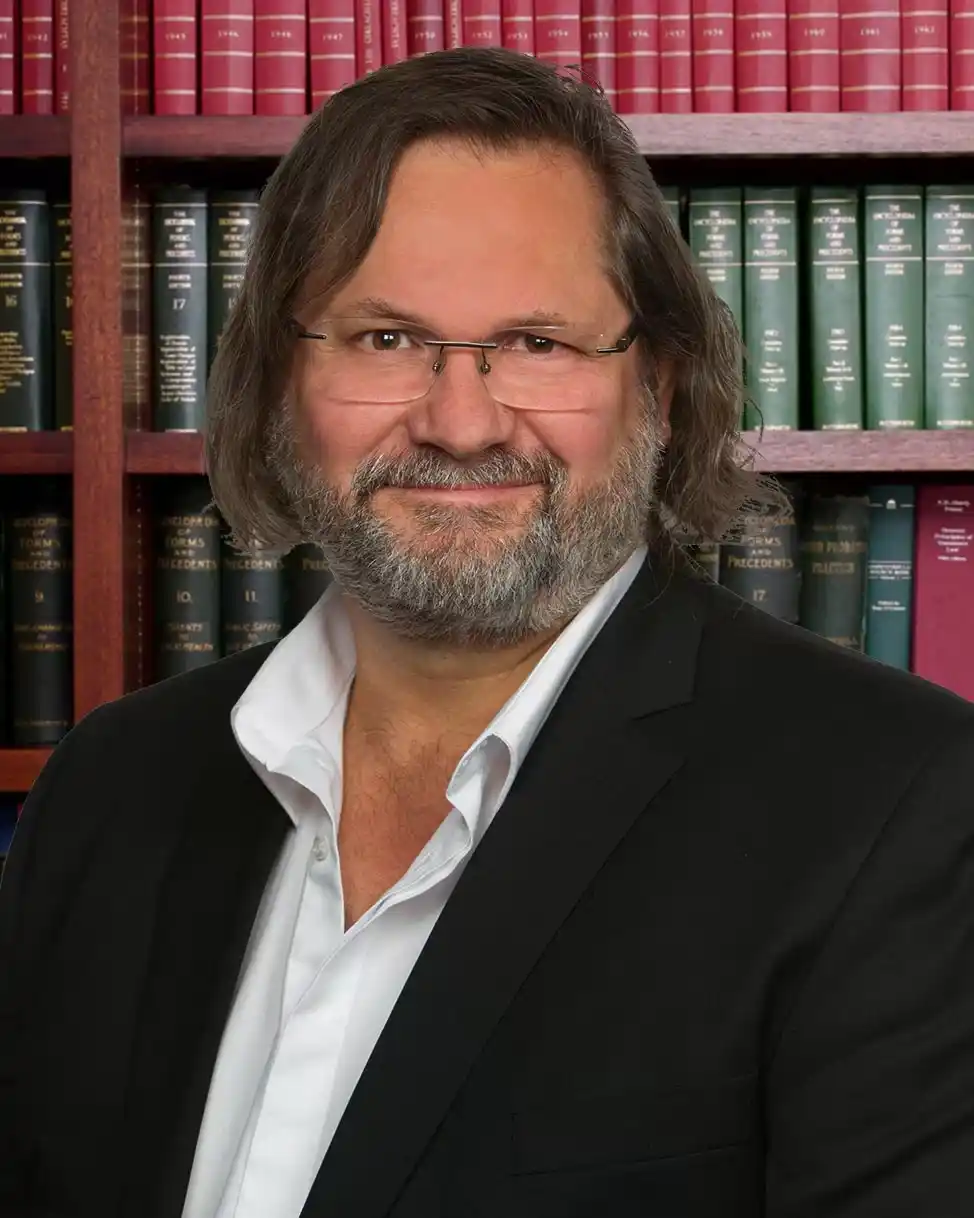General health practitioners breathed a sigh of relief when Dr. Tony Bartone was elected President of the Australian Medical Association in May 2018. He is the first GP in four years to take the position and many GPs see it as a positive step towards correcting the issues that general practices are facing right now in Australia.
There would be few arguments across the healthcare industry when the dire state of general practice in Australia is currently discussed. Dr. Bartome himself also agreed that there is lots of urgent, important work to be done and attention given to this specialty to get it back on its feet.
A GP in Coonabarabran, NSW, Dr. Aniello Ianuuzi, wrote an article for Insight Plus that outlined the issues that general practices are facing right now.
In this article, we would like to summarise these points and explain why it is currently a difficult recruiting landscape in general practice and how you can find the right doctor for your team:
The problems plaguing the general practice industry
With his experience as a clinical associate professor at the University of Sydney, Dr. Ianuuzi has outlined the following points as the greatest problems that general practices are facing in Australia today and why the industry is struggling on the whole:
Royal Australian College of GPs
The Royal Australian College of GPs (RACGP) itself isn’t the problem. In fact, it has an incredulously large membership base and has largely got a monopoly on the training and standards within the GP sphere.
However, the worry is that the college has taken a more political industrial stance in recent times and as such, they have stopped focusing on the standards, training and education and are more concerned with money and appearance.
They are not making the case for GPs around the country easy; they take the political stance of struggling GPs on a financial scale but then spend millions of its membership fees on advertisements for the college. Many industry leaders feel like it would be more constructive for the RAGCP to spend more of the money on improving training and education. As many recent graduating Fellows seem to be underprepared for being at an independent practice and that their exams are lenient. For example, fellowship can be gained without even having completed things such as excisions and cervical screening.
Medical Benefits Scheme (MBS) framework
It is the goal of most GPs to be able to provide high-quality healthcare to their patients; however, the MBS framework makes it difficult for this to happen with stringent measures that GPs must follow that include (quote):
- “a high volume of short consults.
- a large number of care plans of low clinical value.
- focus on after-hours urgent house calls.
- several procedures; and
- charge high out-of-pocket gaps to their patients.”
These points hardly make it viable for GPs to give our high-quality healthcare and the last point, in particular, makes it difficult for those that perhaps need the most help to receive it, as it remains out of their financial means.
The decline of medium and small practice owners
There was a time when the future for owner-run general practices looked very bright and many GPs invested in running their own establishments. However, in the last decade, there has been a sharp rise in corporate and government-backed clinics and there are now fewer GPs willing to take the risk in opening their own clinics.
How to find a doctor for your GP practice?
While the challenges facing small to medium general practices have certainly grown, we are optimistic that with a GP at the helm, things will improve with time. One of the best ways to hire a doctor for your general practice is to go through a recruitment agency that understands the landscape.
At Schward Recruit, our team are experts when it comes to understanding the industry that we are recruiting for. This means we are aware of the challenges being faced by GPs in the country and we go above and beyond to find the right candidates for our clients.
Dr Schultz spent 22 years working in psychiatry and then went on to qualify as a lawyer. He has spent 34 years helping people solve problems and the unique combination of medicine, psychiatry, law and mediation provides a unique academic and practical approach to life's challenges.









